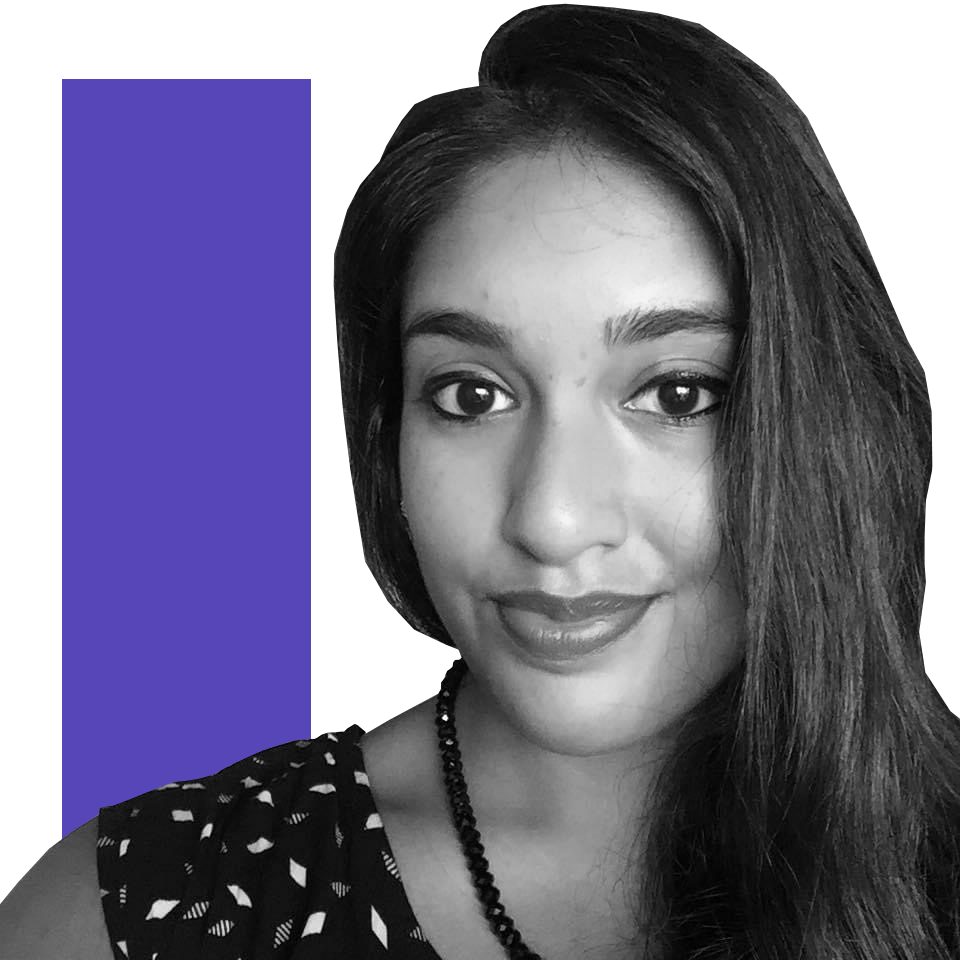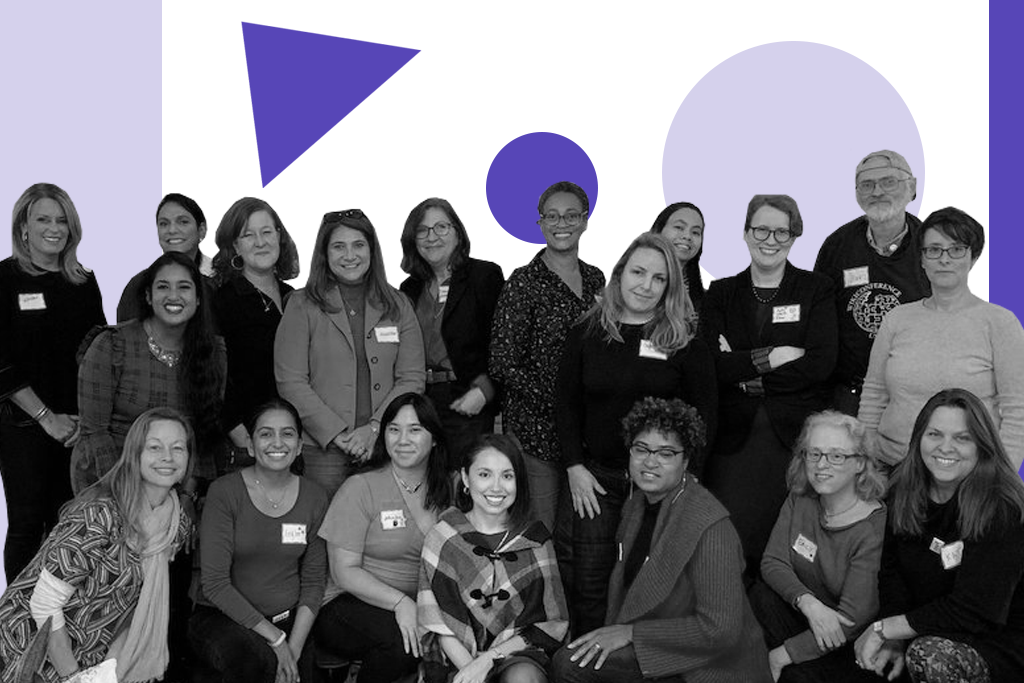The gender gap is a pervasive issue that has garnered attention in recent years, particularly in relation to the global pay inequality between men and women. However, this disparity is not limited to pay; it persists across various issues and industries, including the newsroom.
For example, despite some progress, just four out of ten US newsroom employees were women in 2018. This gender gap is also reflected on English Wikipedia, where less than 20% of all biographies are of women, and even fewer provide information specific to women in journalism.
Recognizing the urgent need to address this issue, a group of passionate journalists who, in 2019, completed the women’s leadership program “50 Women Can Change the World in Journalism”, decided to take action. Their goal was to increase the visibility and recognition of women journalists by enhancing the quality and quantity of their Wikipedia entries. Soon after, Women Do News was born with a mission to close the gender gap on Wikipedia and highlight the stories and biographies of these underrepresented individuals.
Jareen Imam, Events and Communications Manager at Women Do News, and former media executive, shares more about the creation of the organization. She says, “We hosted our first in-person edit-a-thon in New York a few weeks after we created Women Do News, with dozens of women, and men, who came together to help add biographies of women journalists onto Wikipedia. Our goal was to create more visibility because the industry has struggled to acknowledge the stories, contributions and accomplishments of many women journalists. We’ve been working to grow the nonprofit ever since.”
I recently spoke with Jareen to learn more about the gender gap in journalism and how Wikipedia can be a tool for change.
Q: If there was one thing you would want people to know about Women Do News, what would it be?
Jareen: Women’s stories matter. If you look back in history, some of the greatest achievements in journalism were achieved by women. Yet, many of those women get very little recognition for their contributions. We want to change that and close the gap for women who work in the journalism industry. The more representation we add to Wikipedia, the more opportunities these women will have in the journalism industry to make an impact.

Jareen Imam
![]()
The more representation we add to Wikipedia, the more opportunities these women will have in the journalism industry to make an impact.
Q: What inspires you to be part of Women Do News?
Jareen: Telling the stories of accomplished and inspiring women keeps me motivated to be a part of Women Do News. I think everyone’s life has become more complicated since the pandemic, but our mission has been very inspiring and our board is incredibly supportive. It’s always been a safe and understanding space, which makes me feel proud to be a part of this organization.
I also love that Wikipedia continues to be a source of knowledge and truth for people – this inspires me to continue editing. There aren’t a lot of places on the internet where you can find quality content that’s also free for the public. At a time when misinformation and disinformation are rampant, I think Wikipedia and the work that the Wikimedia Foundation does, like the free knowledge movement and providing easy access to factual information, are more important than ever before. People need access to quality information that they can trust and easily access. Wikipedia provides some of the best ways to combat misinformation, which can spread like wildfire online, through its community-led systems — including a feed with real-time edits that editors regularly review and oversight tools that more experienced editors can use to investigate troublesome edits.
![]()
Wikipedia provides some of the best ways to combat misinformation, which can spread like wildfire online, through its community-led systems.
Q: We often talk about knowledge gaps on Wikipedia, but we don’t always do enough to celebrate the wins. Can you share one knowledge equity win that Women Do News is particularly proud of?
Jareen: We added Betsy Wade to Wikipedia shortly after she died on December 3rd, 2020. She was an American journalist who became the first woman to edit news copy at The New York Times. She was also the former president of the Journalism & Women Symposium (JAWS), one of the first nonprofits to support and help increase the representation of women in journalism.
I remember being surprised she didn’t have a biography on Wikipedia after she passed away. I was proud of our organization for getting her biography up on Wikipedia so quickly, and through our work, we inspired others to further contribute and build out her biography. Betsy is a part of journalism history, and I’m glad we were able to capture her story on Wikipedia for others to learn about.
![]()
I remember being surprised [Betsy Wade] didn’t have a biography on Wikipedia after she passed away… Betsy is a part of journalism history, and I’m glad we were able to capture her story on Wikipedia for others to learn about.
Q: So, how can people get involved in Women Do News?
Jareen: The easiest way to get involved is to sign up for our newsletter, which you can easily do on our website. Once a week we highlight new biographies we’ve added to Wikipedia as well as resources for our community, edit-a-thon dates, events and conferences we’re visiting, and meetings we’re holding. It’s a great way to see what we’re doing and jump in too.
Learn more about Women Do News and get involved here.
. . .
Does the content on Wikipedia reflect the world’s diversity?
Every day, volunteers all over the world—like the ones featured on this blog—work on knowledge equity initiatives to help close knowledge gaps. Want to understand why this work matters? Watch this video, part of our A Wiki Minute series, to learn more.
. . .
This blog is part of Open the Knowledge: Stories, a series which features volunteers from the Wikimedia movement who are helping the world truly find the sum of all human knowledge on Wikimedia projects. If you want to know more about what knowledge equity is, why it matters, and how you can help us achieve it, join us at Open the Knowledge.
. . .
This interview has been edited for clarity and length.
Barbara Kandek is a Communications Associate at the Wikimedia Foundation.


